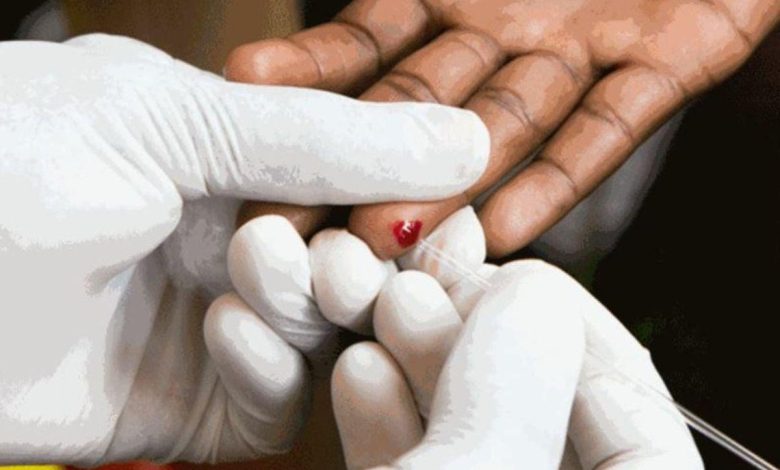Uganda’s HIV numbers cross 1.5 million mark

UGANDA: UGANDA’S total number of people living with HIV has surpassed 1.5 million, according to the latest 2024 estimates from the Uganda AIDS Commission, a figure that signals a concerning rise in cases and the ongoing challenge of controlling the epidemic.
The data shows that 1,527,240 people are currently living with HIV across the country, with adults aged 15 and above accounting for the vast majority of 1,456,570 cases.
Women remain disproportionately affected, making up over 60% of adult cases (927,751), compared to 528,819 among men. Children aged 0 to 14 contribute 70,669 to the national total.
The Uganda AIDS Commission attributes the rising figures to several factors, including gaps in HIV prevention uptake, new infections among young people, and limited male involvement in testing and treatment.
While recent advancements such as the introduction of long-acting injectable HIV prevention tools like Lenacapavir that offer renewed hope, experts warn that increased investment, targeted awareness, and gender-sensitive interventions are still needed.
As Uganda presses toward its 2030 goal of ending AIDS as a public health threat, the growing number of people living with HIV calls for a national reckoning and renewed focus on inclusive, community-based strategies to reverse the trend.
Meanwhile, medical experts are warning that Uganda is facing a growing health crisis due to the increasing resistance of infections to commonly used medicines, especially antibiotics.
Doctors across the country say that many patients are now developing infections that no longer respond to standard treatment, largely because of widespread misuse and overuse of drugs.
Paediatricians Dr. Elizabeth Kutamba of Health Haven Clinic and Dr. Sabrina Kitaka of Makerere University report a growing number of cases where children present with illnesses that were once easy to treat but are now becoming more severe and prolonged.
They attribute this trend to the common practice of selfmedication, where people take antibiotics without prescriptions or guidance from qualified health workers.
According to the two doctors, many Ugandans, particularly those living far from health facilities often purchase antibiotics over the counter or use leftover medication stored at home.
In some cases, people begin treatment without completing the full dosage or even without knowing whether the illness requires antibiotics at all.
This pattern of drug misuse is contributing to what scientists call antimicrobial resistance (AMR), a process where disease-causing organisms adapt to survive the drugs designed to eliminate them.
Over time, this resistance renders antibiotics ineffective, forcing doctors to prescribe stronger and more expensive medications.
ALSO READ: Govt eyes new levies to boost health, HIV/AIDS funds
The World Health Organisation estimates that 1.27 million people worldwide died in 2019 from infections linked to antimicrobial resistance. In Uganda alone, 47,821 people died in 2023 from infections related to drug misuse.
Of these, 5,616 deaths were directly caused by resistant infections, while more than half resulted from complications after ineffective treatment due to prior misuse of antibiotics.
Health experts say certain antibiotics, such as Ampicillin and Ciprofloxacin, are among the most misused and are rapidly losing their effectiveness. When these drugs no longer work, patients often require newer, more powerful antibiotics, which are harder to access and more expensive.
Professor Denis Byarugaba, a microbiologist and lead researcher on AMR at Makerere University, says the consequences of this resistance go beyond patient health.
He notes that the rising cost of treatment is placing a heavy financial burden on both families and the national health system, with government hospitals forced to spend more on stronger medications.
In response to the growing crisis, doctors are calling for immediate government action, including stricter regulation of drug sales and increased public education on responsible medicine use.
They urge Ugandans to seek professional medical advice before taking any medication and to avoid sharing or reusing drugs.
Experts also warn that some of the most common diseases in Uganda, such as malaria, HIV/AIDS, and respiratory infections are increasingly becoming harder to treat due to AMR.
Medical professionals stress that every drug has a limit, and once a microbe becomes resistant, treatment becomes more complicated and riskier.
They continue to emphasise the need for proper diagnosis and adherence to prescribed treatment plans as the only way to slow down the threat of drug-resistant infections





